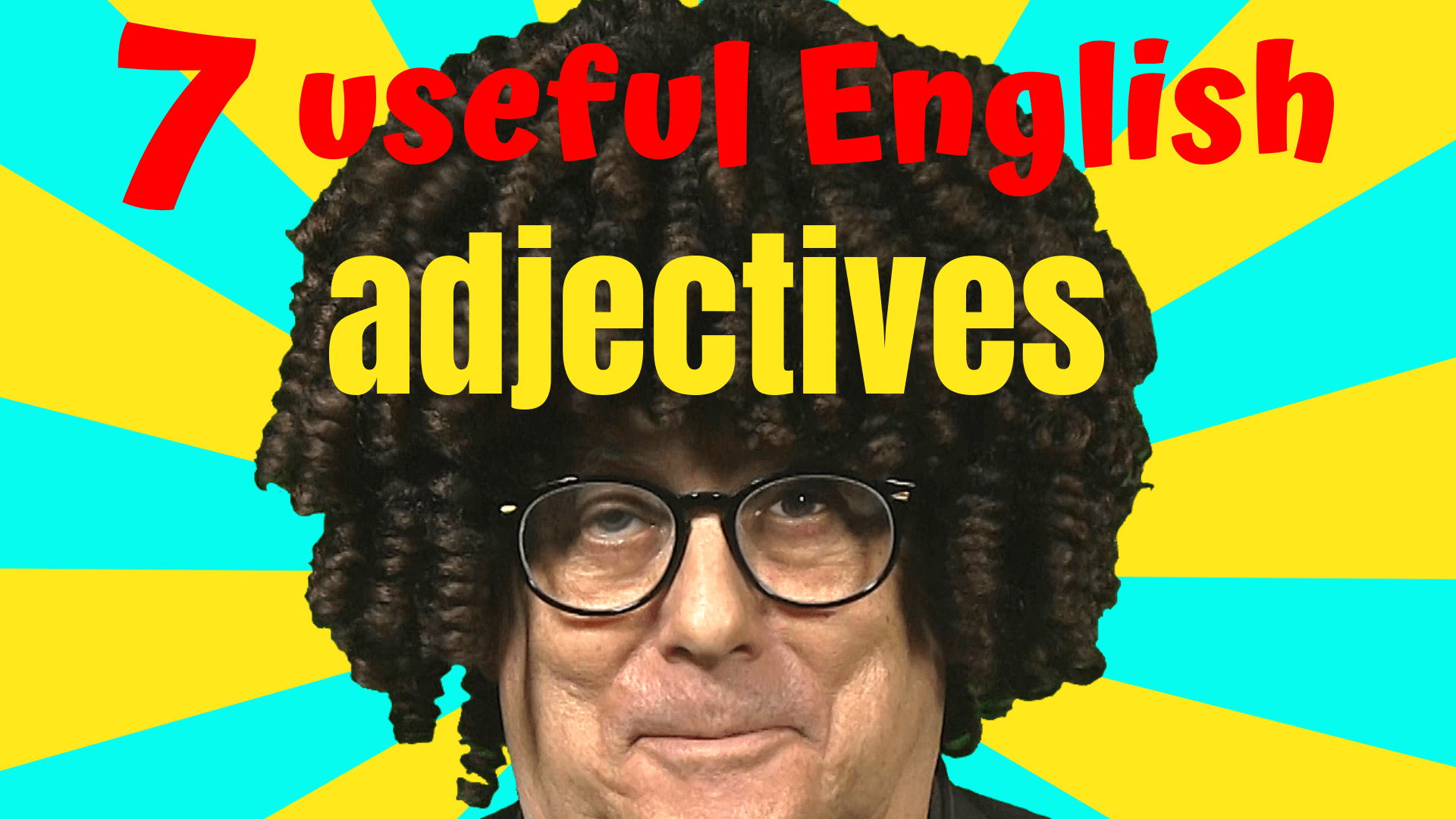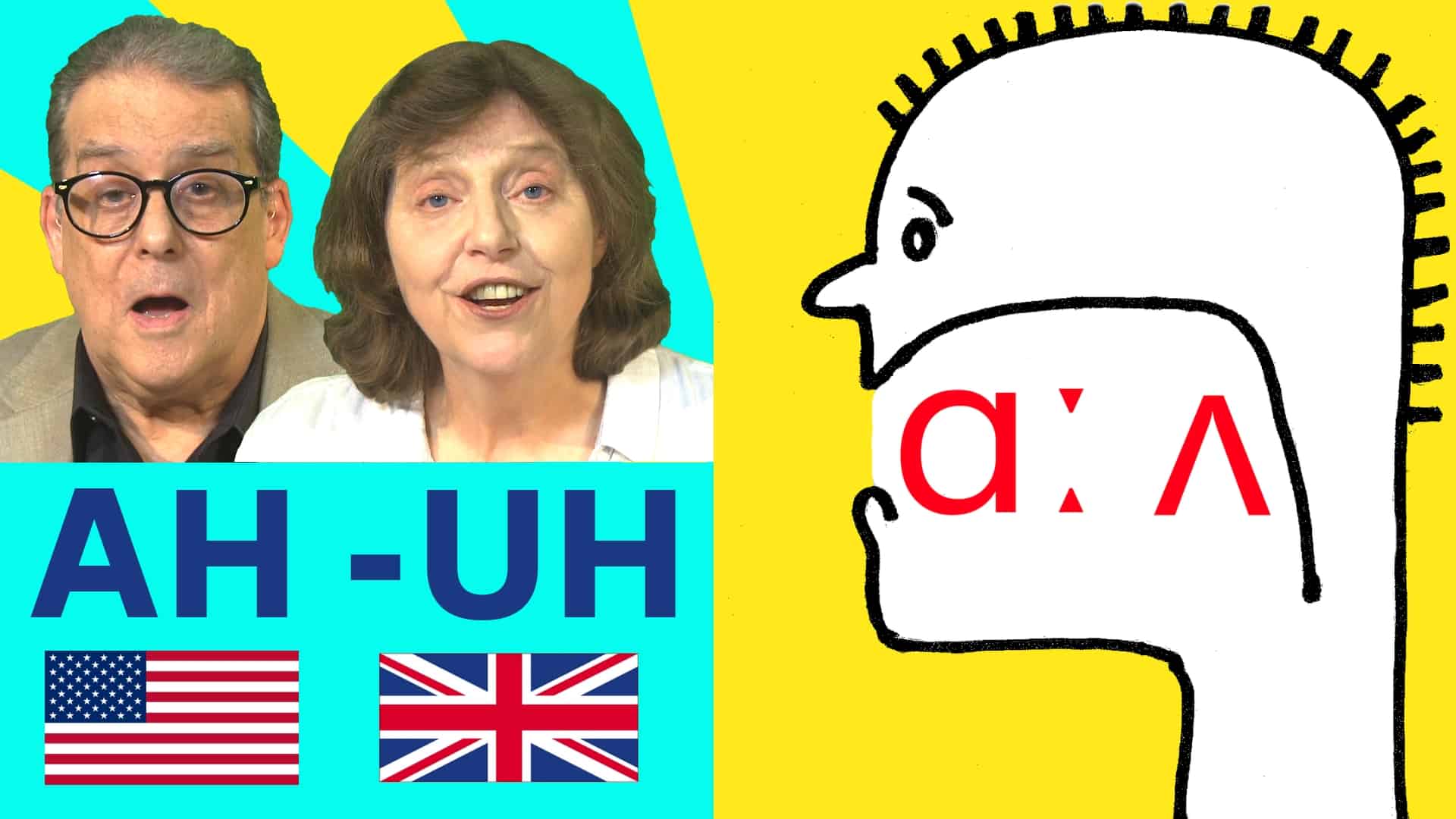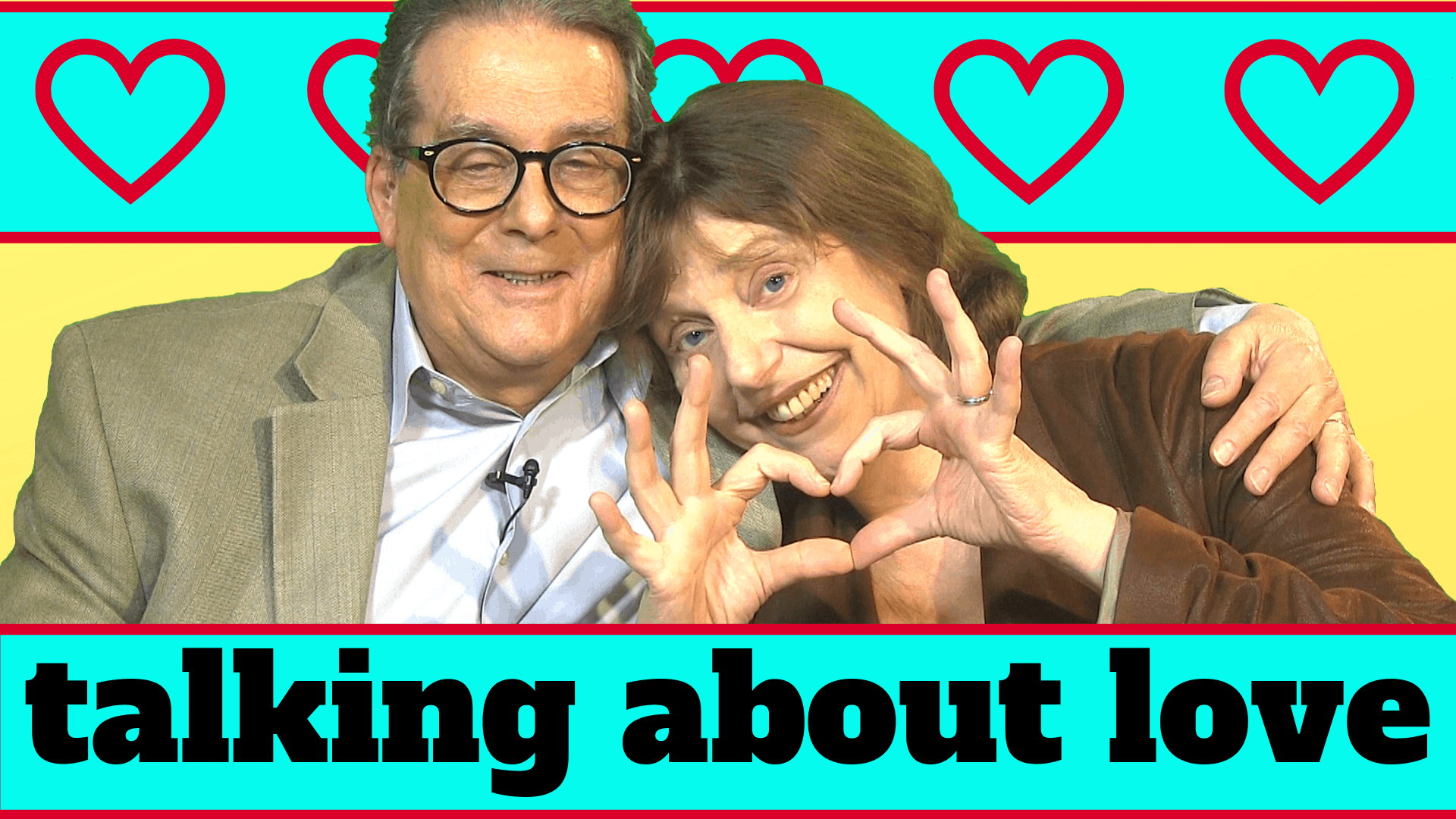
The SEVY Awards 2019 with Vicki and Jay
Vicki and Jay are very proud to welcome you to the 2019 SEVY (Simple English Videos, Yay!) Award Ceremony, where you’ll meet students from many different countries who are learning English. Speaking in English is a challenge. You’re bound to think, ‘Am I making mistakes?’ or ‘Am I saying this right?’ Now imagine you’re not just talking to one or two people, but you’re talking to the world! A few weeks ago we set our










